
Yet again, Prime Minister Boris Johnson finds himself in trouble. After a fresh scandal—involving predatory sexual misbehaviour and a Tory

Signatories to the Convention must “abide by the final judgement of the court in any case to which they are parties.” Plans for an updated Bill of Rights offer no way around the fact that final rulings from Strasbourg have binding force in UK law.
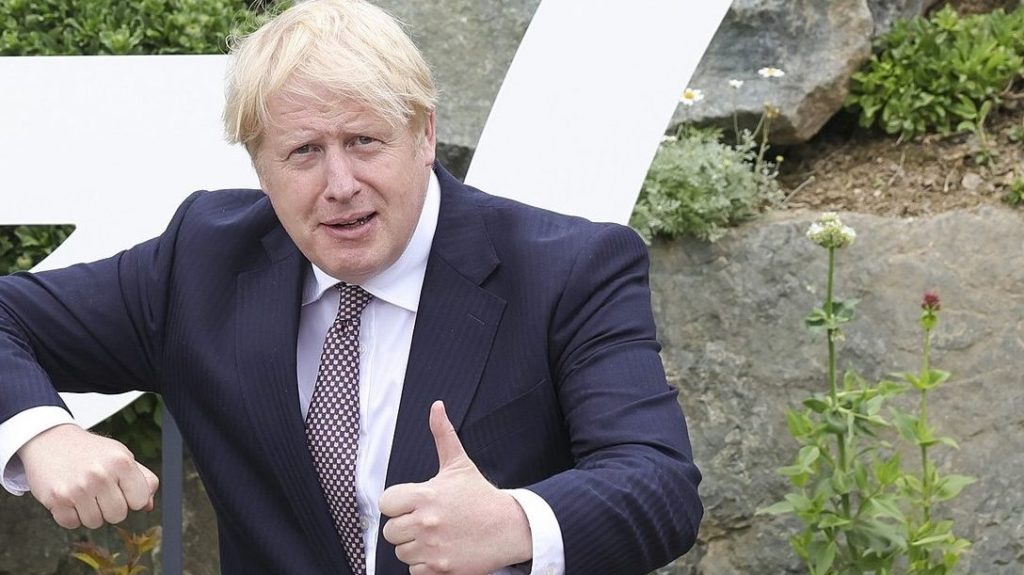
Johnson lifted talking points from the wokesters’ playbook, calling Putin’s invasion of Ukraine “a perfect example of toxic masculinity” and urging the world to install “more women in positions of power.”

The Prime Minister has vowed to continue as leader, claiming he understands that his government must “listen to what people are saying.”
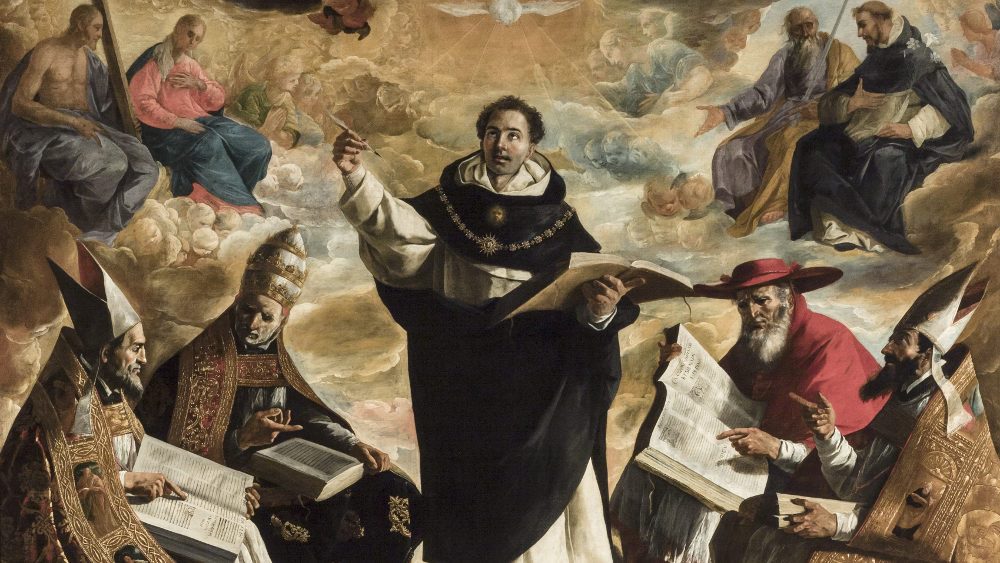
Opinions will always differ on what best approximates the common good and on the utility of law as an agent of virtue in any particular case. But to imitate the liberal silence on such crucial questions is to invite radical neo-Marxists to answer them for us.

Activist lecturers like this belong to a small minority of people within Britain, but it is worth going through her fierce assault on the recent Platinum Jubilee, if for no other reason than to expose the hostile activism that now passes for teaching at our publicly funded universities.

Any culture that creates a taboo around death while worshipping the most sterile forms of hedonism should prepare for a nastily ironic surprise: extinction.
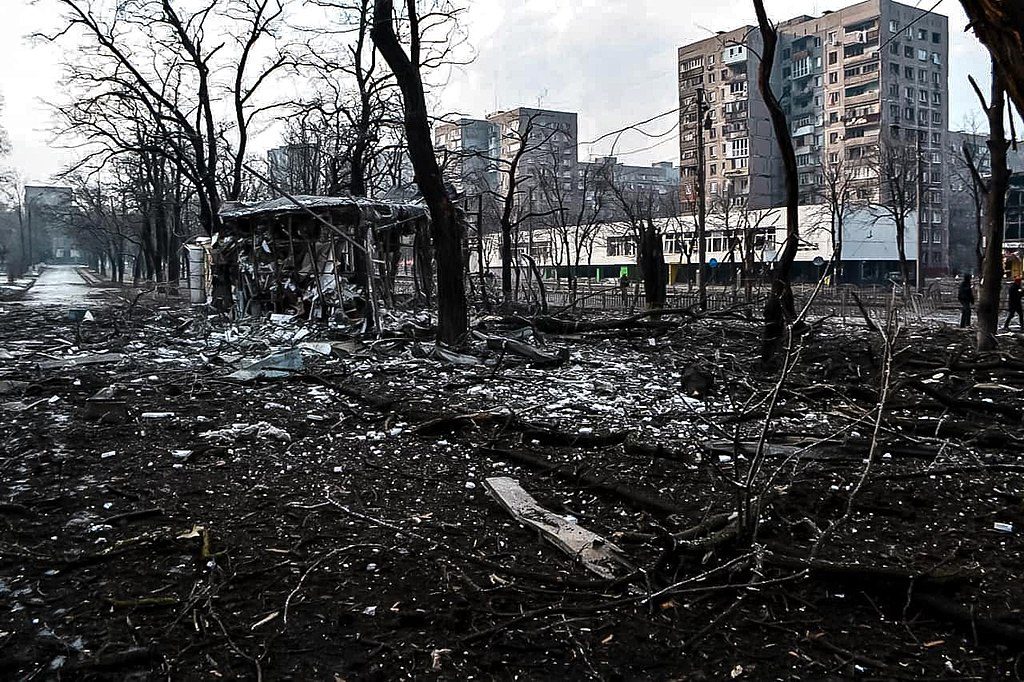
The British men who were sentenced to death said they were serving with the Ukrainian army and could thus claim certain rights as prisoners of war.
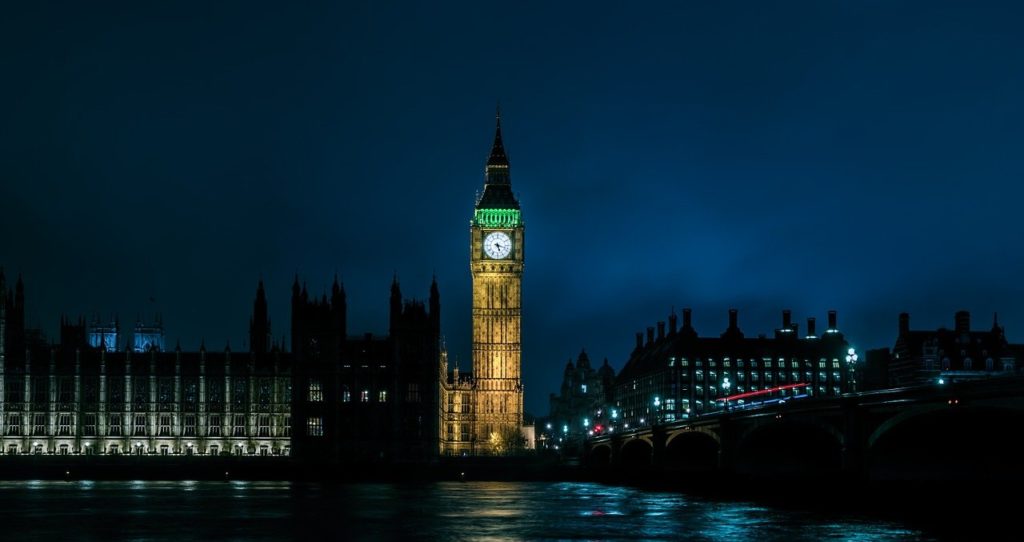
The truly significant fact is that Boris Johnson performed worse in his confidence vote than Theresa May did in hers over three years ago.
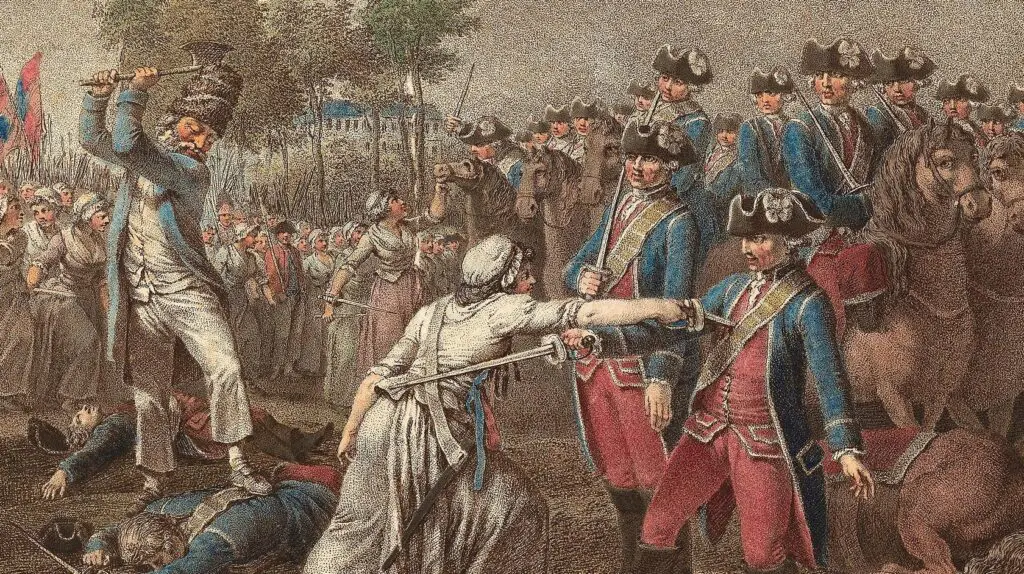
What is Davos if not a globalised version of the Palace of Versailles? What is Klaus Schwab if not an aspiring absolute king who markets himself as a benevolent technocrat?
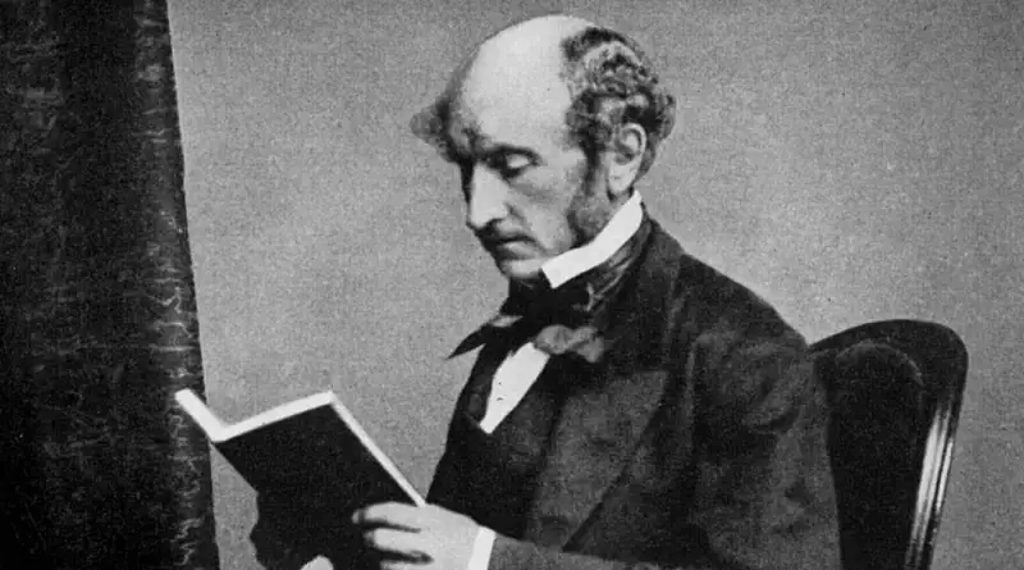
Liberal thinkers have fetishized their false image of the rule of law as a commitment to neutrality. The idea has become such a sacred article of the liberal faith, that any effort to draw upon our Judeo-Christian heritage is condemned as tyranny.
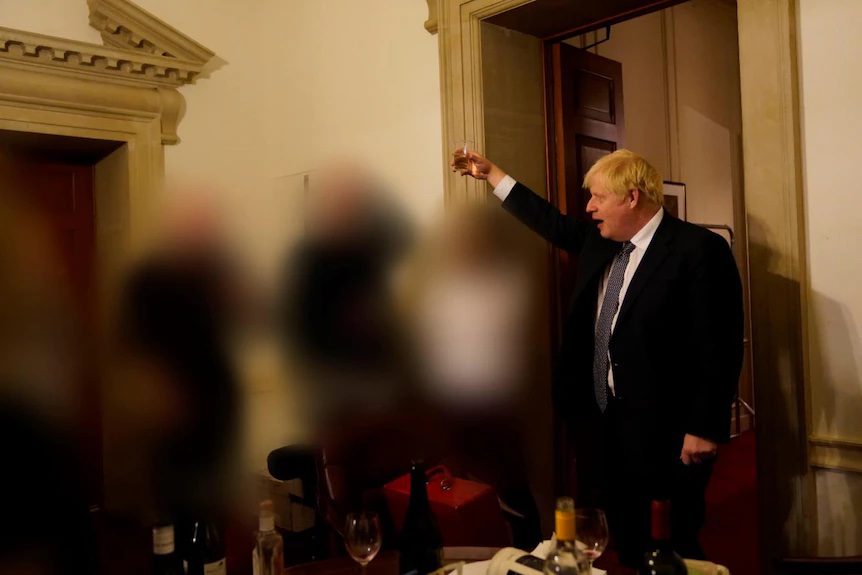
Although her probe was non-criminal, the one magistrate to which Gray’s findings are subject is the court of public opinion.